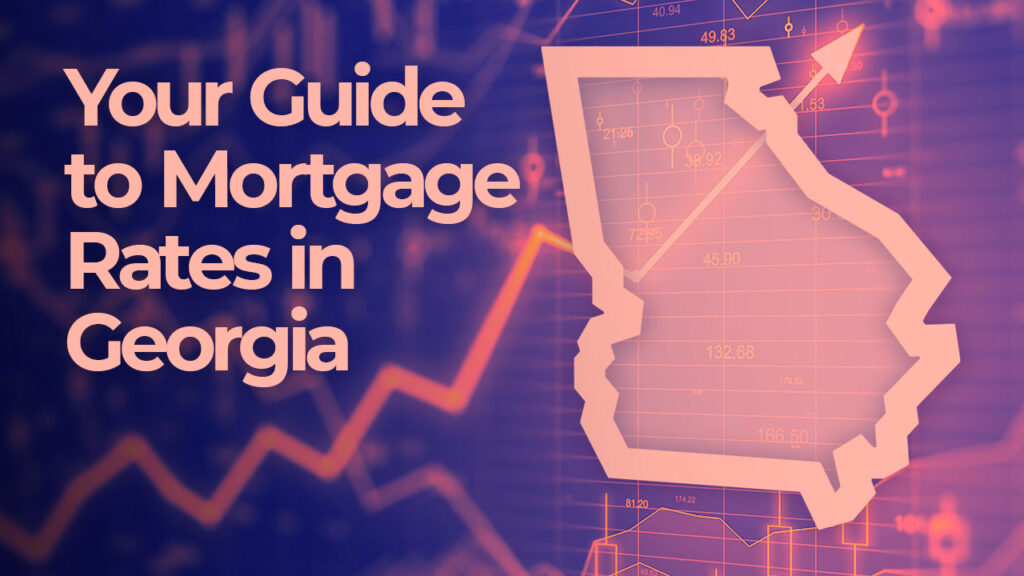Navigating the world of small loans can be tricky, especially in states with looser regulations. Finding a reputable lender is crucial to avoid predatory practices and high-interest rates. This guide helps you find a trustworthy lender, even in a less regulated environment.
Understanding the Risks in Loosely Regulated States
Loosely regulated states often mean fewer consumer protections. This increases the risk of encountering lenders with unfair fees, hidden charges, and deceptive practices. It’s vital to be extra cautious and diligent in your research.
Check State Licensing and Registration
Before you consider any lender, verify their licensing status with your state’s Department of Financial Institutions or a similar regulatory body. 
Read Online Reviews and Testimonials
Don’t just rely on the lender’s website. Explore independent review sites like the Better Business Bureau (BBB) to see what other borrowers have experienced. Look for patterns of complaints.
Examine the Loan Contract Meticulously
Before signing anything, read the loan contract thoroughly. Understand all fees, interest rates (APR), repayment terms, and any potential penalties for late payments. Don’t hesitate to ask for clarification on anything you don’t understand.
Compare Interest Rates and Fees
Don’t settle for the first lender you find. Compare interest rates and fees from multiple lenders to ensure you’re getting the best deal. Consider using online comparison tools to streamline this process.
Look for Transparency in Lending Practices
Reputable lenders are transparent about their fees and interest rates. Avoid lenders who are vague or hesitant to provide clear details about their lending practices.
Verify the Lender’s Physical Address
A legitimate lender will have a verifiable physical address. Be wary of lenders who only operate online and don’t provide a physical location. 
Understand Your Rights as a Borrower
Familiarize yourself with your state’s consumer protection laws regarding small loans. Knowing your rights will help you protect yourself from predatory lending.
Beware of High-Pressure Tactics
Legitimate lenders won’t use high-pressure sales tactics. If a lender is pressuring you to sign a loan agreement immediately, it’s a major red flag.
Check for Excessive Fees
Pay close attention to all fees associated with the loan. Excessive origination fees, prepayment penalties, or late payment fees can significantly increase the cost of the loan.
Consider Your Credit Score
Your credit score will influence the interest rates and terms you qualify for. Improving your credit score before applying can help you secure a better loan.
Explore Alternative Lending Options
If you’re struggling to find a reputable lender, explore alternative financing options, such as credit unions or borrowing from family and friends. Learn more about credit unions.
Use a Secure Platform for Applications
Only apply for loans through secure websites with HTTPS encryption. This helps protect your personal information from cybercriminals.
Seek Financial Counseling if Needed
If you’re facing financial difficulties, consider seeking guidance from a reputable financial counselor. They can help you create a budget and manage your debt effectively. Find a financial counselor here.
Understand the Repayment Plan
Ensure you thoroughly understand the repayment schedule before agreeing to a loan. Choose a repayment plan that aligns with your budget and financial capabilities.
The Importance of Thorough Research
Taking the time to thoroughly research and compare lenders is crucial for securing a fair and reasonable loan. Don’t rush the process!
Don’t Hesitate to Walk Away
If something feels off or you’re uncomfortable with a lender’s practices, don’t hesitate to walk away. There are other options available.
Conclusion
Finding a reputable small loan lender in a loosely regulated state requires extra vigilance and careful research. By following these tips and prioritizing transparency, you can significantly increase your chances of securing a fair and safe loan. Remember, a responsible lender will prioritize your financial well-being.
Frequently Asked Questions
What if I can’t find a lender in my state? You may need to explore alternative borrowing options, such as credit unions or peer-to-peer lending platforms. Read more about alternative options.
What are the signs of a predatory lender? Predatory lenders often use high-pressure tactics, have extremely high interest rates, and charge excessive fees. They may also make false promises.
Can I get help if I’m struggling with loan repayments? Yes, many non-profit organizations offer financial counseling and debt management services. Contact a reputable financial counselor for assistance.
How can I check a lender’s legitimacy? Check your state’s Department of Financial Institutions website for licensed lenders and read online reviews on sites like the Better Business Bureau (BBB).
What documents do I need to apply for a small loan? Typically, lenders require proof of income, identification, and sometimes bank statements. Specific requirements vary depending on the lender.


